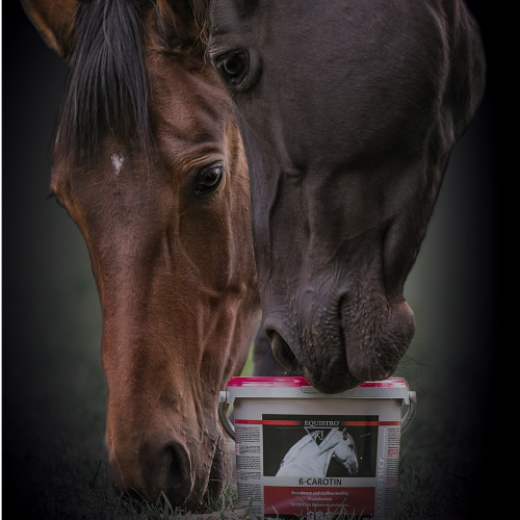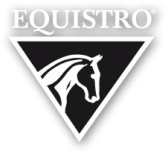
Breeding
These manifestations can be caused by a shortage of the vitamins A, E and ß-carotene that are crucial for reproduction and breeding. Sufficient intake of these nutrients is usually ensured by the intake of fresh grass, but since covering and foaling usually not take place during the pasture period, it is not guaranteed that additional needs will be met.
THE CORNER STONE FOR THE HEALTHY DEVELOPMENT OF A FOAL IS LAID BY PROPER NUTRITION, PARTICULARLY IN THE FIRST YEAR OF LIFE
Unbalanced or incorrect feeding of mares and foals during breeding can cause abnormal development that is sometimes only noticeable once foals reach adulthood. Beside the mare’s milk, whose quality is significantly influenced by the mare’s diet during pregnancy and lactation, the foal depends on the intensive intake of essential nutrients. Due to absence of pasture and the lack of sunlight, many foals display symptoms of mineral and trace element deficiency during the foaling season in early spring. New-born and nursing foals are therefore dependent on highly available trace elements and vitamins as their basic supply for the proper development of their musculoskeletal system and building their immune system.





